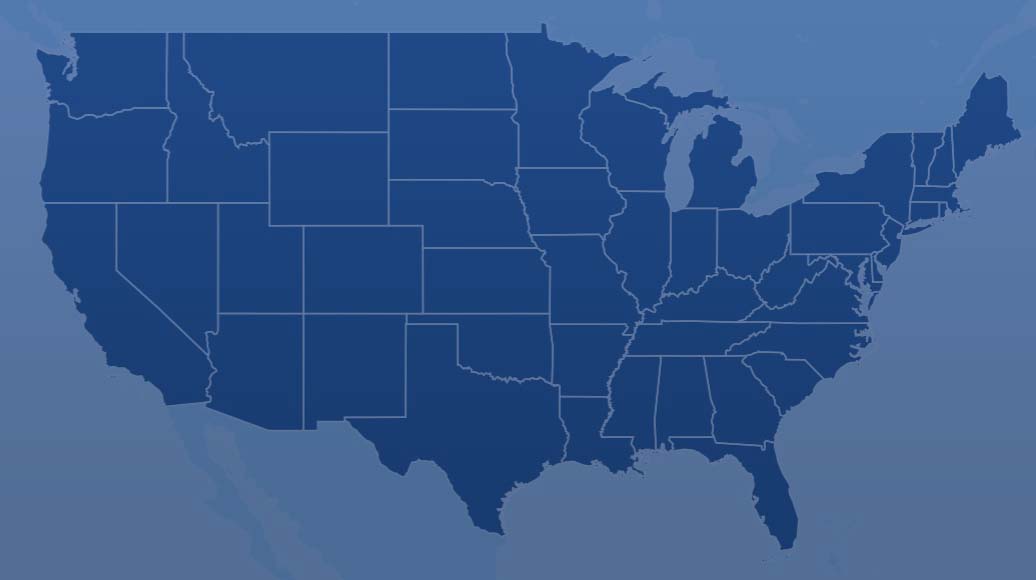- EN
- ES

An official website of the Biotechnology Innovation Organization
Although rare, some people have reported allergic reactions to the vaccines. An extraordinarily tiny fraction of vaccine recipients have experienced anaphylaxis -- a severe allergic reaction that can impair people's breathing.
It's important to recognize just how unrepresentative these cases are. As of January 19, only 45 people experienced anaphylaxis after receiving the Pfizer/BioNTech vaccine, a rate of 6.2 cases per 1 million. Meanwhile, just 15 experienced anaphylaxis after receiving the Moderna vaccine, a rate of 2.1 cases per 1 million. Not a single person has died, in large part because vaccine administrators are trained to look for signs of anaphylaxis and intervene if necessary.
By comparison, Americans have a 1 in 15,300 -- or 0.000065 percent -- chance of being struck by lightning over the course of their lives. In other words, you're about six times more likely to be struck by lightning than you are to experience anaphylaxis from a Covid-19 vaccine.
While they investigate the possible cause of these allergic reactions, the Centers for Disease Control and Prevention (CDC) recommends that those with allergies to pets, food, environmental particles like pollen, oral medications, or other things not related to ingredients of vaccines should get vaccinated.
Certain people need to be more careful. The CDC recommends that people with a history of immediate allergic reactions to other vaccines (that do not contain ingredients found in the Covid-19 vaccines) should consult an allergist or immunologist before proceeding to get vaccinated, and may want to wait to get vaccinated.
Someone who has had a previous severe or immediate allergic reaction to a first dose of the Covid-19 vaccine should not get a second dose. That includes people who had a severe or immediate allergic reaction to one of the vaccine's ingredients.



